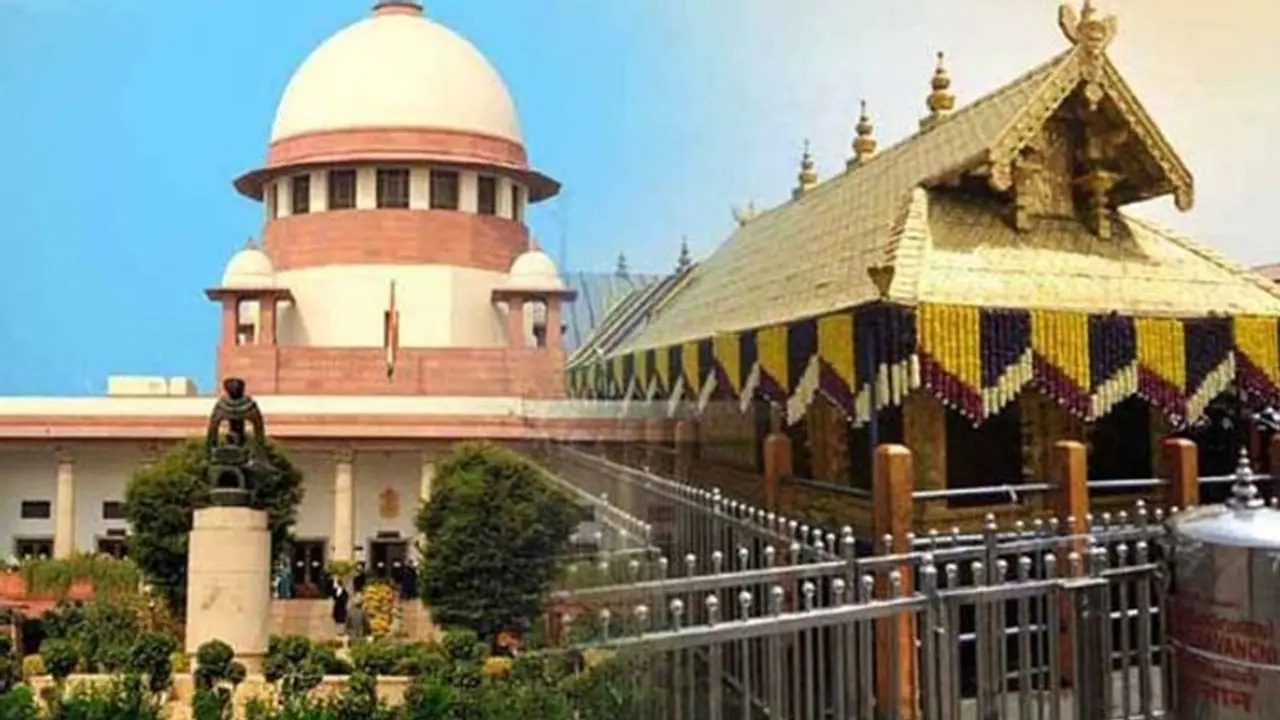A bench headed by Chief Justice SA Bobde made it clear that questions to be dealt with would be purely legal in nature, and it would not take more time in concluding the hearing of women's entry into Sabarimala
Thiruvananthapuram: The Supreme Court on January 28 said that the larger bench would wrap up the case involving women's entry into Sabarimala within 10 days. The case is regarding discrimination against women in various religions and at religious places including the Sabarimala shrine.

A bench headed by Chief Justice SA Bobde made it clear that questions to be dealt with would be purely legal in nature, and it would not take more time in concluding the hearing. "It cannot take more than 10 days. Even if someone wants more time, it cannot be given," said the bench, which also comprised Justices BR Gavai and Surya Kant.
The observations came when Solicitor General Tushar Mehta mentioned the case before the bench, saying that in pursuance of the court's earlier direction, a meeting of lawyers took place on January 17, but it could not finalise the common legal questions for consideration of the nine-judge bench.
“We could not finalise common questions for consideration of my lords. The Supreme Court can consider framing the questions," the law officer said.
The bench then asked Mehta to furnish issues dealt by lawyers in the meeting.
The court will also consider issues related to the entry of Muslim women into mosques, female genital mutilation in the Dawoodi Bohra Muslim community and barring of Parsi women, married to non-Parsi men, from the holy fire place at Agiary.
On January 13, the nine-judge bench had asked the lawyers to have a conference for reframing the issues, after the bench concurred that the seven questions referred in the order passed by the Sabarimala review bench (on November 14, 2019) were too broad.
While passing the judgment in the Sabarimala review petition case, it was noted the issue of women’s entry into the temple overlapping with other matters pending in the court, including the entry of Muslim women into mosques, Parsi women case and the practice of female genital mutilation in Dawoodi Bohra community.
On November 14, since more than one petition is pending on similar or overlapping issues, the court said that matters pertaining to the right to profess, practice and propagate religion should be heard by a larger bench.
